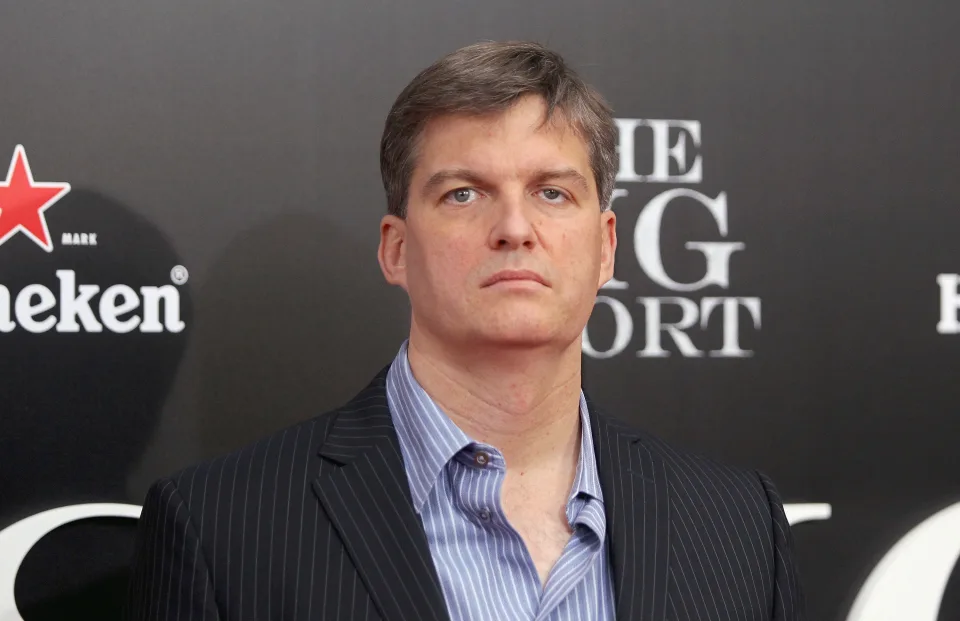Michael Burry, who famously shorted subprime mortgages during the 2008 financial crisis, closed his bets against the S&P 500 and the Nasdaq 100 in the third quarter.
But he also found another industry to short: semiconductors.
Burry’s hedge fund Scion Capital disclosed Tuesday in a federal filing with the SEC that it had closed out “put” positions on the SPDR S&P 500 ETF (SPY) and Invesco QQQ Trust (QQQ), which tracks the Nasdaq 100 index, as of the end of September.
Those bearish bets amounted to more than $1.6 billion as of the last trading day of the second quarter. The indexes fell 3.6% and 3%, respectively, during the third quarter.
Burry gained fame for his moves during the 2008 crisis, a severe downturn that began with a US housing bust. Burry predicted a collapse in residential real estate prices as early as 2007 and then shorted a number of subprime deals through the use of credit default swaps.
He became a central figure in Michael Lewis’s 2010 book “The Big Short,” and Christian Bale later portrayed Burry in a 2015 film adaptation of the Lewis book.
Scion Capital broadly shrank its exposure to the stock market in the third quarter, according to its new SEC filing, selling 76% of the stocks it disclosed at the end of the second quarter.
But Scion reopened positions in JD.com and China-tech giant Alibaba (BABA) after selling out of the companies in the second quarter.
The hedge fund also eliminated its remaining exposure to regional lender New York Community Bank (NYCB). In the first quarter, Scion spent more than $23 million betting on financial stocks during a chaotic period marked by several prominent bank failures.
Burry, however, isn’t finished shorting stocks.
Scion opened two new positions, one shorting 100,000 shares of BlackRock’s semiconductor ETF, the iShares Semiconductor ETF (SOXX), and another 2,500 shares betting against online travel website Booking Holdings Inc. (BKNG).

